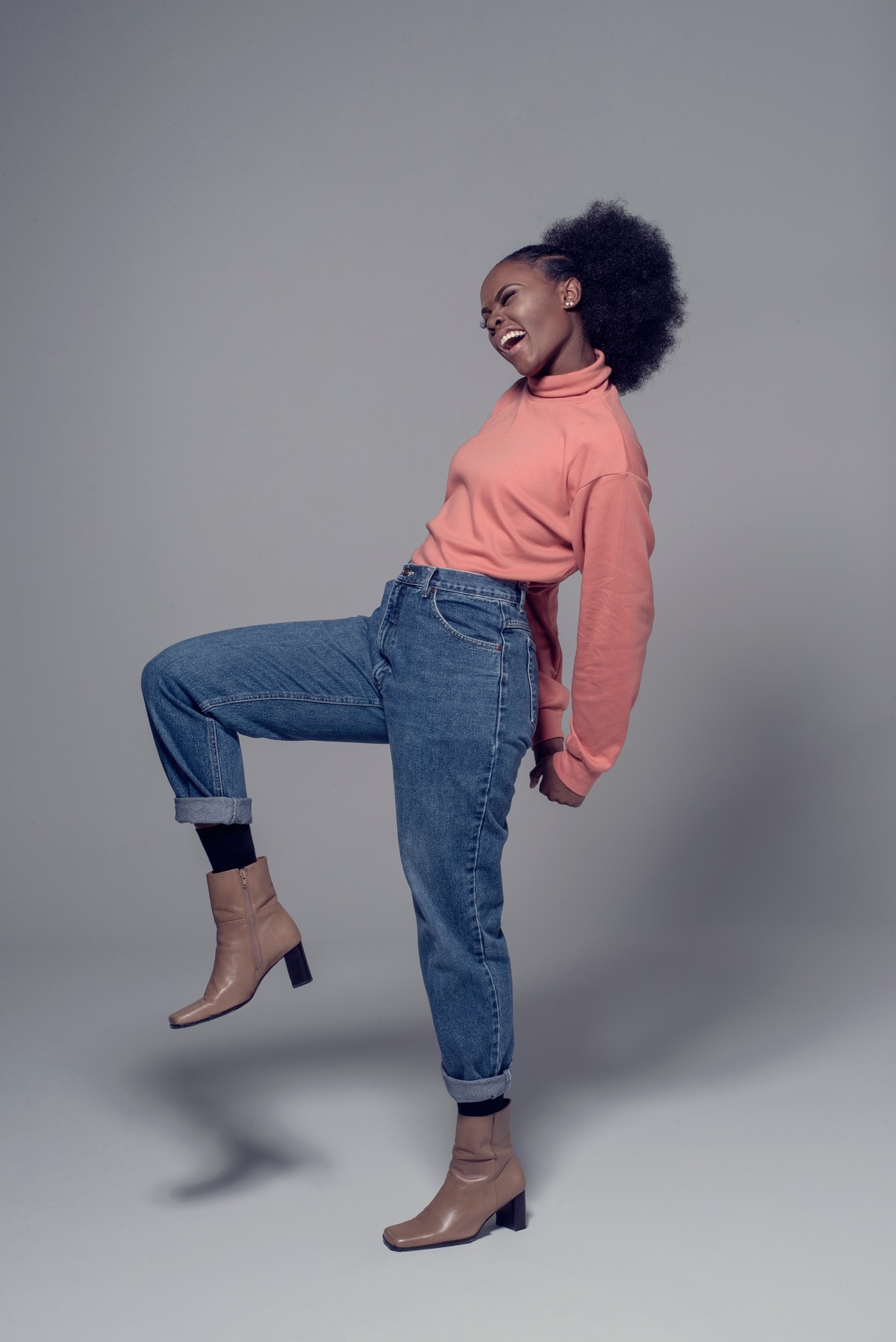
For many of us, when we think about love, we seldom think of self-love. But, how we see and value ourselves deserves to be a priority, writes Gugulethu Mhlungu.
Falling in love with yourself
From the time we are young, we are socialised into believing that some loves and relationships are more important than others. For some, family is most important, and romantic love is top priority for others. We are taught early on to place particular emphasis on romantic love, and ideas of romance are everywhere. However, as I’ve grown older, I have come to appreciate two other loves. The love of friendship and one I am working on the most; self-love.
Start at the beginning
For many women, because we are often taught to look after everyone else first, loving yourself can feel like an indulgence. Growing up, I watched my mother and grandmother learn later in life that they had to love and look after themselves in ways they did for everyone else. I still see my grandmother, a woman that raised many of us in some way or another, struggle with allowing herself to be loved and cared for. I understand why, because throughout her life, she’s been everyone’s pillar and support, but very seldom had anything left for her. Clinical psychologist, Lwanele Khasu, says what you see and are taught at home is critical in forming ideas of self-love and esteem. “The foundation starts when you are valued in your own home by family and close friends. Children learn to love themselves and be confident when they are constantly given feedback about their actions and performance. They then grow and internalise it even in adulthood which means that they are less likely to look for it from other people.” She adds that there are also strong factors outside the home such as teachers not minding what they say to you, romantic partners saying hurtful things, and the media showing certain accepted traits. These are all things that can affect self-image and esteem.
The greatest love
How you see and value yourself can have an impact on how you view the rest of your world. Lwanele says, interpersonal relationships are influenced by who we think we are and what we think we are adding to the other person’s life and relationship. “When we think lowly of ourselves, we over compensate. This may lead to burden and strain, and over compromising and being abused. But, when we are sure of ourselves, we can see a relationship that is toxic, and hopefully leave because we know we deserve better and are entitled to more.”
Look after number one
Challenging yourself and achieving your goals builds trust in yourself. Seeing a life coach or going to therapy to heal from trauma or past abuse can be helpful. “You can also embark on a journey to learn about yourself, your strengths, weakness and how to use all of these to your benefit,” Lwanele says. Feminist writer, Bell Hooks, in her groundbreaking book All About Love, writes about self-love. “When we can see ourselves as we truly are and accept ourselves, we build the necessary foundation for self-love, (and) whether we learn how to love ourselves and others will depend on the presence of a loving environment. Self-love cannot flourish in isolation.” You, as much as anyone else in your life, deserve great love, kindness and praise you give to others.




